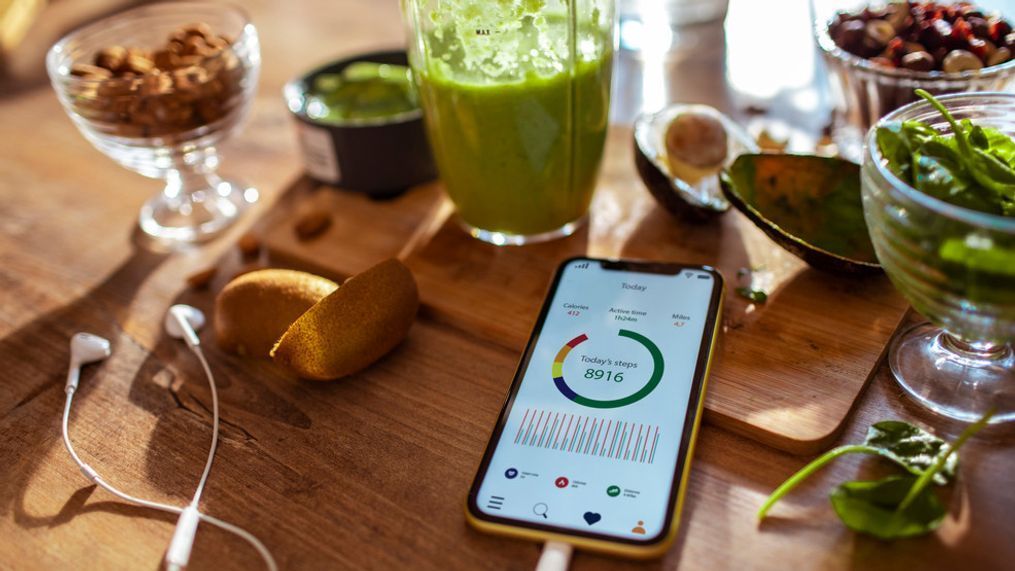Beating COVID-19: Recover quicker with these simple tips

COVID-19 cases have surged to an all-time high in the U.S. during the last month. Even as FDA-approved vaccines roll out to essential healthcare workers and elderly populations, more people are dying due to contracting the virus than ever before.
With the winter season upon us, what can you do to ensure your safety if you contract the coronavirus? Consider these suggestions for preventative and at-home care:
1. Start exercising. The coronavirus affects the body's respiratory system, meaning it hits us in the lungs and makes breathing difficult. People with stronger respiratory systems are better equipped to fight the virus than those who are not ready to handle the unexpected and unfamiliar strain the virus presents.
The best way to strengthen your system is via aerobic exercise. If you regularly challenge your respiratory system with intense cardio sessions (like running, biking, or swimming), you are more likely to handle the challenges a virus like COVID-19 presents.
How do you know if you need to start exercising? If you work a desk job and don't go to the gym, that's a good indicator you could probably move a little more often. If you find yourself out of breath after walking out to get the mail or going up and down the stairs, you could probably strengthen your lungs, too, and remember we're trying to focus on aerobic exercise when preparing for COVID. Bench pressing might make you stronger, but it isn't as taxing on the respiratory system as a one-mile run.
2. Take your vitamins. While people should get most of their vitamins from whole, green food, and fresh fruits, vitamin supplements are a great way to boost your system's defenses in light of this pandemic. In some cases, especially in the winter, vitamins are essential. For example, when you're cooped up inside due to the cold, it's tough to get enough Vitamin D through traditional foods.
As you prepare your body for war against the virus, consider taking the recommended amount of these vitamin supplements daily — just be sure not to overdo it (and if you've contracted COVID-19, ask your doctor about the supplements you could take to feel better, faster):
- Multivitamin
- Echinacea
- Vitamin B6 and B12
- Vitamin C
- Vitamin D
- Zinc
3. Consider switching your diet. While there is no evidence suggesting that diets like Paleo or Keto will help you fight COVID-19, sticking to a diet plan will help regulate your eating habits, thus making you a healthier person. Many diet plans force people to monitor their fat and carb intake, resulting in less inflammation, more energy, and an uptick in vitamin intake. Whatever diet you choose to follow — macro counting, organic, Mediterranean diet, etc. — just make sure you're getting enough fruits and greens to keep your immune system at the top of its game.
4. Rest and remain hydrated. The most important thing you can do if you've contracted the virus is rest. Cardio is essential when preparing for a potential contraction, but do not overload your system while it works to fight off a deadly virus. Your body needs to devote all of its expendable resources to ridding your body of what's ailing it.
Sleep, stay hydrated, do your best to remain in bed and quarantined, and live to fight another day. Be mindful of others, wash your hands, wipe down anything you touch, and cough into tissues before discarding them in a plastic-lined wastebin. The more internal resources you can devote to overcoming COVID, the quicker you will recover, and the more precautions you take, the safer your loved ones will remain.
This article is for informational purposes only and is not intended to diagnose or treat any condition. If you have any concerns, please speak with your doctor.
Sinclair Broadcast Group is committed to the health and well-being of our viewers, which is why we initiated Sinclair Cares. Every month we'll bring you information about the "Cause of the Month," including topical information, education, awareness, and prevention. January is Shape Up U.S. Month.
